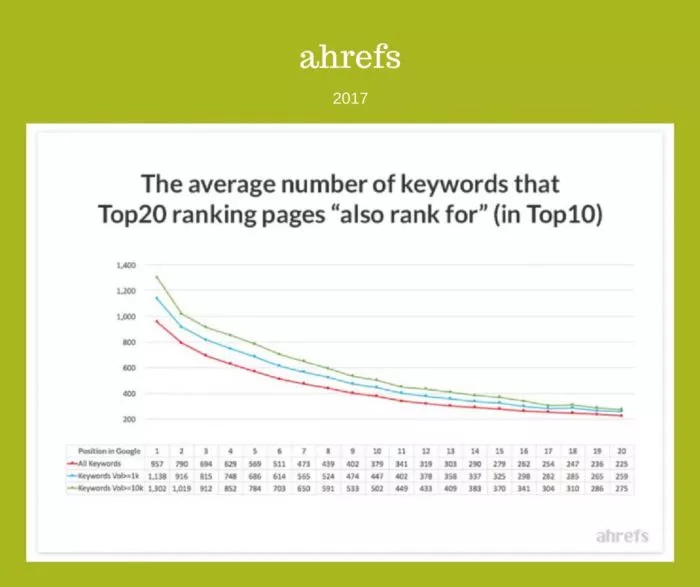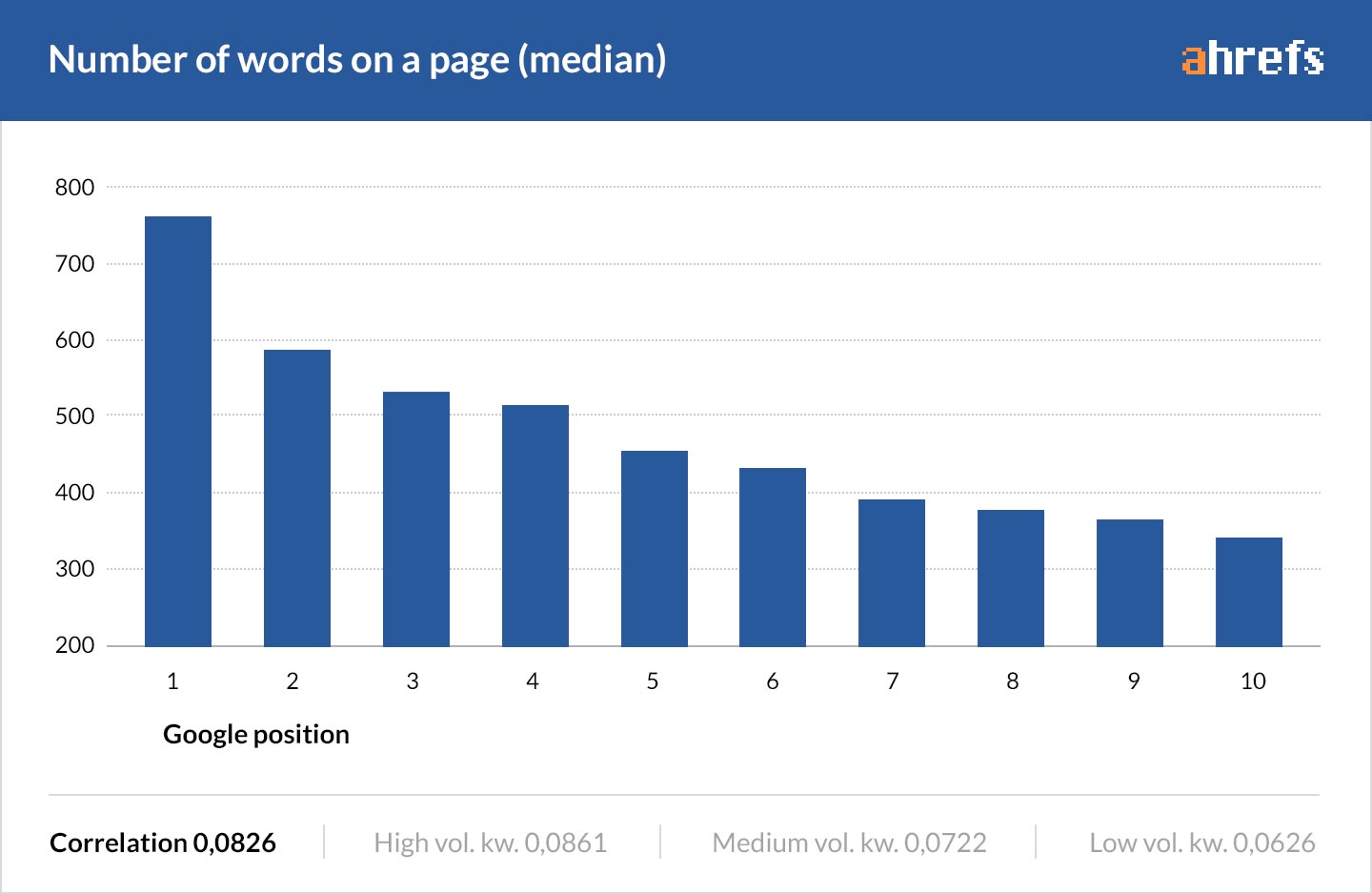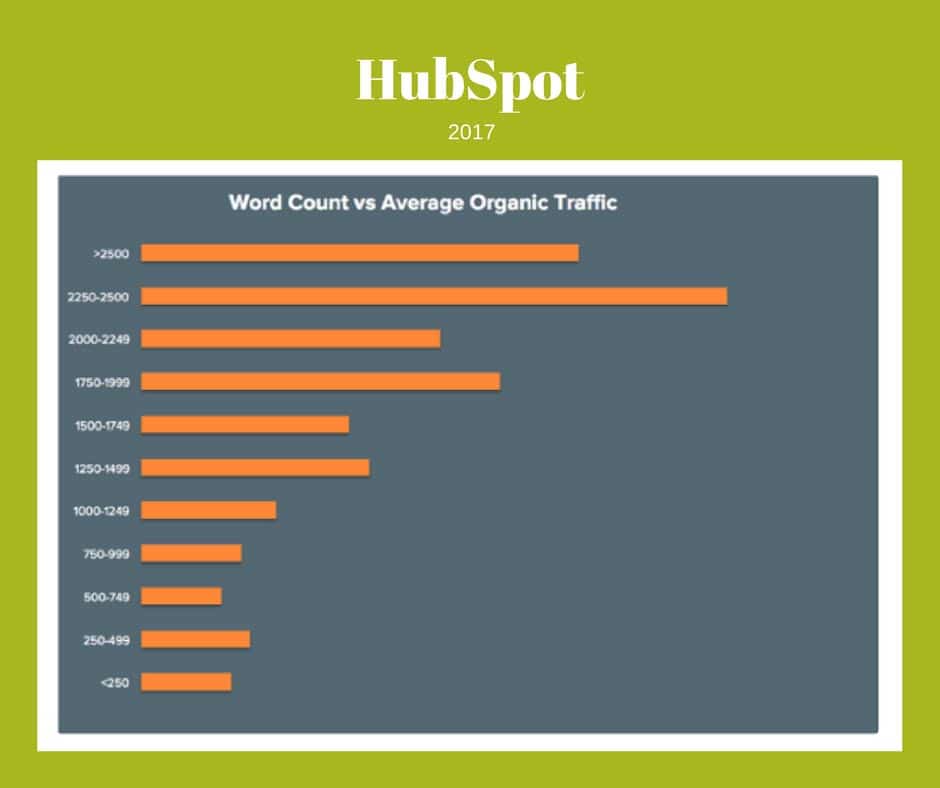
Many companies want to remove content and make their website more visual and uncluttered. While this can certainly make your site’s design more attractive, it can also harm your search engine ranking. Having a beautiful website doesn’t always guarantee that it will be visible via search engines, and this is one of Google’s number 1 criteria for understanding and analyzing the information on your web pages.
But what does “content” mean?
Marketer Heidi Cohen describes content as “Useful, high-quality information that conveys a story presented in a contextual way with the aim of soliciting emotion or engagement. Content can be expressed using a variety of formats, including text, images, video, audio and/or presentations.”
While Heidi Cohen’s description is accurate, it’s important to understand that content found online is subject to competition with other websites in the same field.
Google is placing more and more importance on structured, quality content Its algorithm does a pretty good job of identifying websites with good content and rewarding them with higher positions in the search results.
Google’s algorithms are constantly evolving to provide, as they say, “…useful and relevant results in a fraction of a second”.
The “useful and relevant results” Google is trying to provide are the pieces of content available on the web. Google’s recommendation is to build a website for the benefit of its users, and any optimization should aim to improve the user experience It’s important to understand that the first user to visit your site is Google itself, via robots that analyze your site and then help other users discover your content. Optimizing your SEO means helping search engines to understand and present your content in the best possible way.
In this way, your content is intended for both search engines and visitors. When users come to your site, they are most likely looking for a product, service or information. By providing users with the information they’re looking for in a clear and simple way, you can encourage them to stay on your site, which sends very positive signals to the Google algorithm.
In general, content should always contain keywords relevant to the page’s theme. Keywords are the terms you wish to emphasize, which best describe the topic covered on the same page. To avoid cannibalization, these keywords must be different for each page of your website. The titles and paragraphs of your text content are an excellent place to highlight priority keywords and variations in a natural and relevant way to help search engines make the link between search users and the information on your page.
For example :
My page monsite.com/seo should contain the priority keyword “seo” and other variations can be used in paragraphs such as “référencement organique” or “référencement naturel”.
Also remember to use call-to-actions in your content. A call-to-action is an invitation to users to perform an action.
Here are a few examples of calls to action:
- contact us,
- request a quote,
- add to cart,
- leave a comment
- download a PDF
- ..
Adding calls to action throughout your site can help increase the number of conversions on your website.
What is the optimal text length for SEO?
Generally speaking, a minimum of 350 words per page is recommended Please develop unique content for each web page. If you’re writing a blog post that you want to rank, the minimum (in most cases) will be 500-800 words.
According to Searchengineland, longer content – over 1,000 words – helps websites appear in search results.
From what we see among Procab customers, an average of 600 to 700 words is already a good base.
It’s true that Google’s John Mueller stated in August 2019 that “word count is not a ranking factor”. In fact, Google also stated that word count does not indicate content quality. Google may not have an official position on word count, but studies show that longer content leads to better positions.
A 2017 study by ahrefs showed that, on average, pages between positions 1 and 3 have around 1,000 words.
In a 2018 study, Ahref found that longer content ranks better :

HubSpot, in their 2017 article, noted that their best-performing blog post was located around 2500 words:

In summary:
In SEO, it’s often said that content is king ????.
Not only can content improve your search engine positioning, it can also attract quality visitors and enhance the user experience. It can also help convert some visitors into leads, customers or fans. The construction of your SEO content must imperatively follow certain rules in order to optimize your chances of achieving the best positions, and if you’re looking for a SEO agency in Geneva, come and have a coffee to talk about your project :
- One priority keyword per page
- Use lexical variations around your keyword
- 600 to 700 words
- Structure your texts with headings, subheadings and bulleted lists
- The search for meaning is our reason for being
- Listening skills
- Thinking skills
- Sense of detail
